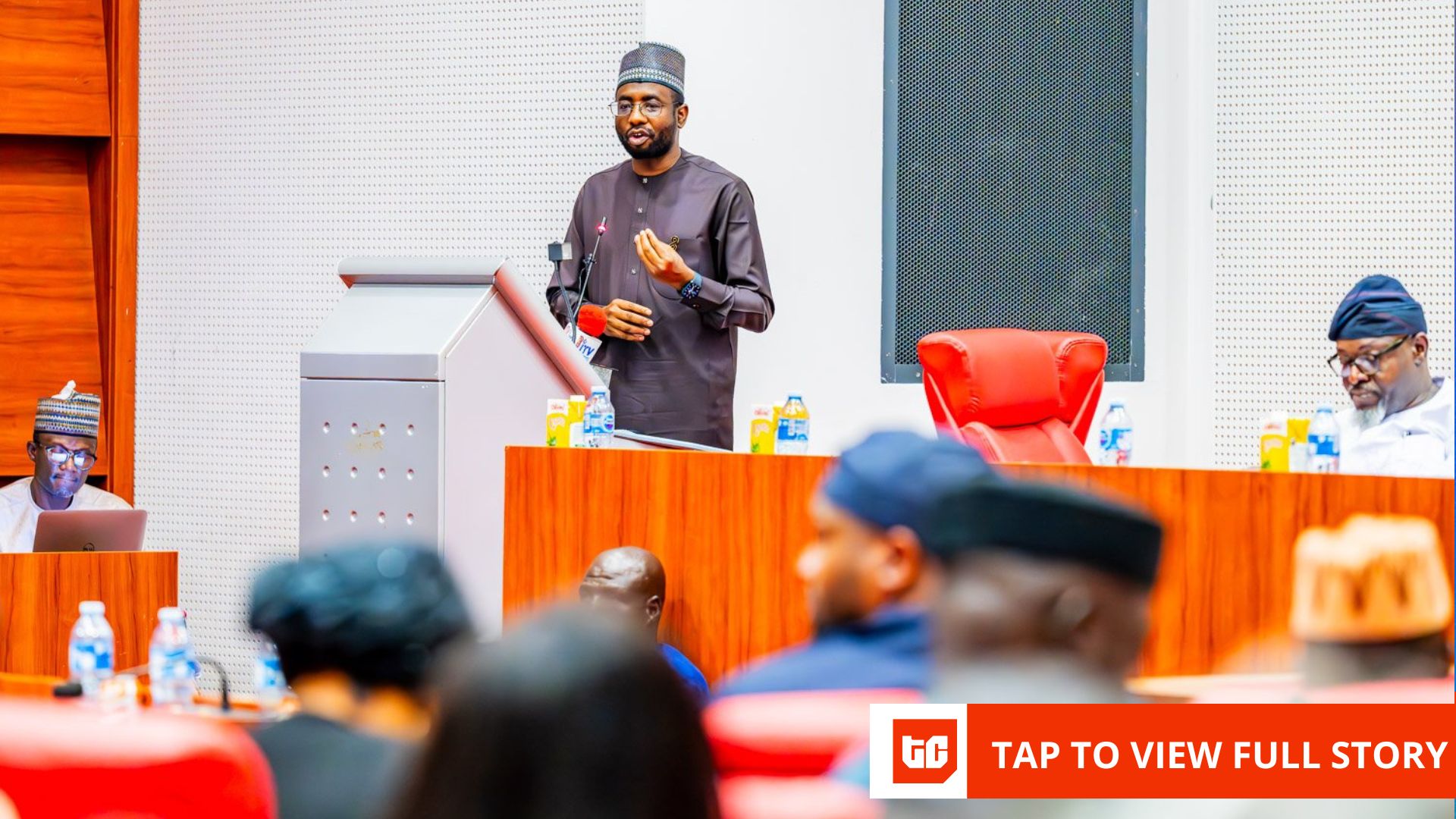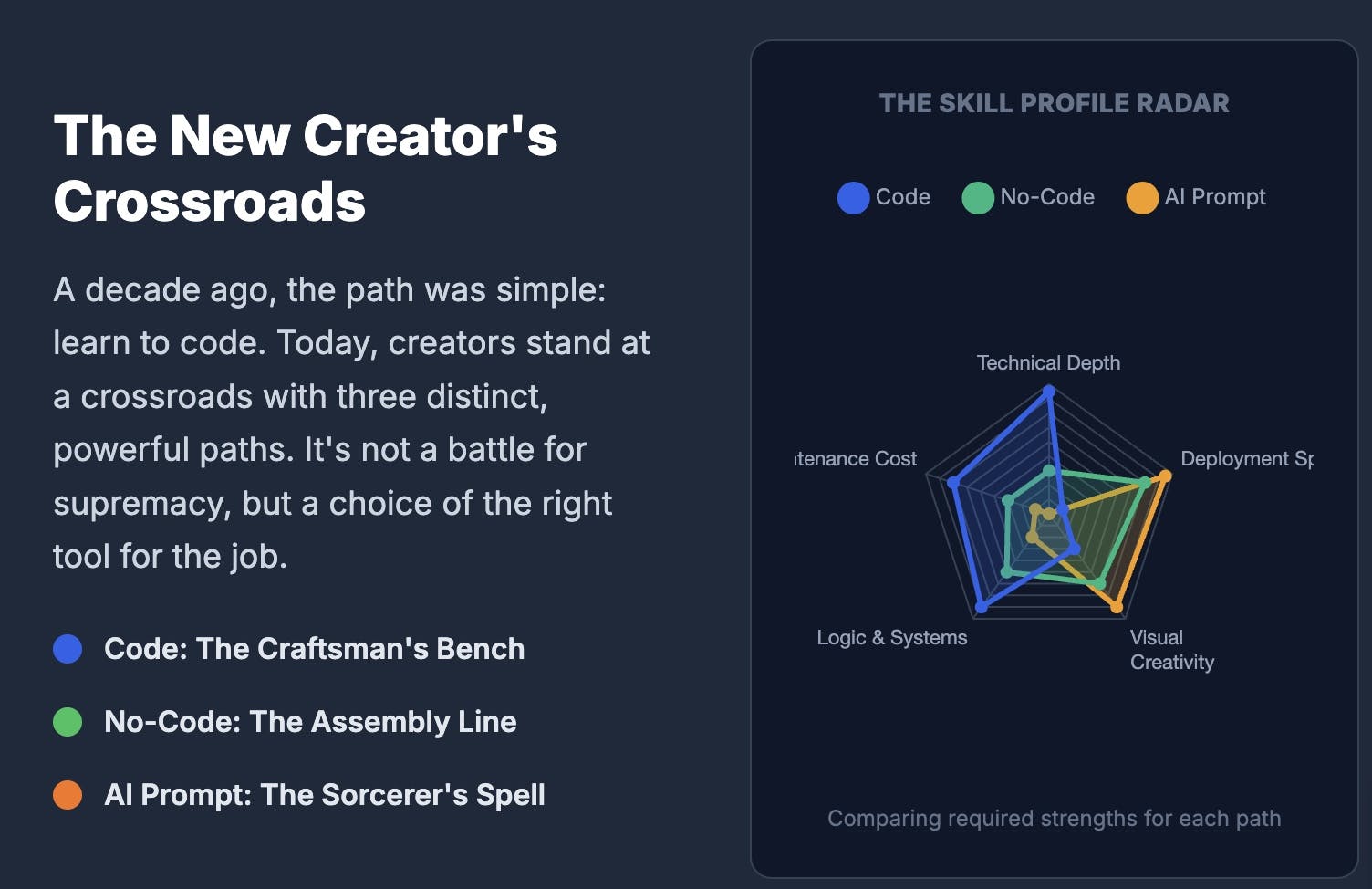On Monday, November 10, Nigeria’s National Assembly held a public hearing on the National Digital Economy and E-Governance Bill, 2024, a landmark legislation designed to create a unified legal and institutional framework for the country’s digital economy and e-government transformation. Now in its final stage of consideration, the bill is expected to be transmitted to the President for assent before the end of the week, according to the Minister of Communications, Innovation, and Digital Economy, Bosun Tijani.
“I look forward to celebrating this Bill at the end of the week once it is signed by Mr. President,” Tijani said during the public hearing. “It is a testament to the leadership, collaboration, and shared commitment of everyone involved in shaping the digital future of our nation.”
The bill hands sweeping powers to the National Information Technology Development Agency (NITDA), elevating it to a “super regulator” over Nigeria’s fast-evolving digital landscape.
If enacted, the legislation would consolidate NITDA’s authority as the central regulator for digital economy activities, granting it broad supervisory, enforcement, and coordination powers across government institutions and private-sector digital operations. The bill represents one of the most ambitious attempts yet to modernise Nigeria’s governance and digital infrastructure. But it has also raised concern among stakeholders about regulatory overlap and institutional balance.
The bill is sponsored by Senator Shuaib Afolabi Salisu (Ogun West Senatorial District) and co-sponsored in the House of Representatives by Adedeji Stanley Olajide (Ibadan North West/South West Federal Constituency). Their proposal aims to position Nigeria’s digital economy within a clear legal and institutional framework, ensuring better coordination of digital governance, consumer protection, and emerging technology standards.
Both lawmakers have framed the bill as a cornerstone for Nigeria’s digital transformation, anchoring innovation, cybersecurity, and government efficiency within a single, enforceable policy structure.
Sweeping mandate for NITDA
The bill assigns NITDA far-reaching powers to make binding regulations, frameworks, standards, circulars, and guidelines covering every aspect of the digital economy and e-governance. Section 63 authorises the agency to impose administrative sanctions and fines on both private companies and public institutions for violations. In effect, NITDA would have authority to regulate everything from electronic records and digital payments to artificial intelligence, cybersecurity, and cloud computing.
Under the proposed law, NITDA’s jurisdiction comes first over any conflicting provisions in other laws on digital technologies. Section 62 explicitly states that in matters relating to the digital economy or e-governance, this Act “shall prevail.” This clause elevates NITDA’s status above other sector regulators in digital matters, allowing it to harmonise and coordinate where digital technologies cut across multiple sectors.
In disputes between agencies, the bill directs NITDA to refer unresolved matters to the Attorney General and Minister of Justice, positioning it as the lead negotiator in Nigeria’s digital policy ecosystem.
Reshaping governance and public service
The bill directly impacts how government institutions operate, mandating every ministry, department, and agency (MDA) to establish an ICT unit supervised by NITDA. These units will be responsible for digital transformation plans, data management, and compliance with NITDA’s frameworks. Public institutions will also be required to conduct annual digital self-assessments and publish progress reports.
The goal, according to the bill, is to make government processes more efficient, transparent, and accountable through automation, interoperability, and open-data systems. NITDA would oversee the digital transformation of the public sector: setting standards for electronic communication, information security, digital identity management, and interoperability of government systems.
Standards, cybersecurity, and innovation
The legislation gives NITDA authority to set technical standards for ICT projects, open data, digital communications, and government ICT resources. It would also regulate emerging technologies, including artificial intelligence (AI), blockchain, and other critical digital systems.
To foster innovation, the bill empowers NITDA to establish sandboxes for testing new technologies and to set national frameworks for digital literacy and skill development. These provisions are intended to bridge Nigeria’s digital skills gap while ensuring innovation occurs within a structured and secure environment.
Equally significant are NITDA’s proposed powers over e-transactions and consumer protection. The agency will regulate the use of e-signatures, electronic contracts, and the security of digital transactions, as well as establish harmonised rules for privacy, cybersecurity, and online dispute resolution. The bill also provides for fines of up to ₦30 million ($20,848) for corporate violations and ₦1 million ($695) for individuals, underscoring the enforcement teeth behind the new regulatory regime.
Jurisdictional boundaries with NCC and other regulators
While the bill expands NITDA’s reach, it stops short of giving it control over Nigeria’s telecommunications industry, a domain that remains under the Nigerian Communications Commission (NCC). NITDA’s powers will apply primarily to digital economy and e-governance activities, not to telecom infrastructure or licensing.
The bill introduces what it calls “concurrent jurisdiction” between NITDA and other regulators: the NCC, Central Bank of Nigeria (CBN), Securities and Exchange Commission (SEC), and the Nigeria Data Protection Commission (NDPC). In these areas of overlap—such as digital payments, cybersecurity, or cloud services—NITDA’s rules will take precedence only insofar as they relate to digital transformation or governance. The NCC will continue to regulate core telecom operations, including spectrum allocation, tariffs, and interconnection.
This distinction seeks to avoid jurisdictional conflicts while ensuring that digital policy is coherent across sectors. However, many industry observers fear that the practical effect could be blurred lines of authority and bureaucratic duplication.
Telecom industry raises concerns
These concerns were echoed by the Association of Licensed Telecommunications Operators of Nigeria (ALTON) during the public hearing on the bill. In a position paper presented to the Joint National Assembly Committee on ICT, Cybersecurity, and Digital Economy, ALTON Chairman, Gbenga Adebayo, commended the bill’s objectives but warned that its current form could create regulatory friction between NITDA and the NCC.
“The Bill vests broad powers in the National Information Technology Development Agency that intersect with the statutory mandate of the Nigerian Communications Commission,” Adebayo said. “To avoid duplication, we recommend a clear delineation—NITDA to lead on digital policy, e-governance, and standard setting; NCC to retain regulatory oversight on telecommunications networks, infrastructure, and digital services.”
Adebayo also urged lawmakers to ensure that the provisions on artificial intelligence (AI) regulation align with global best practices by distinguishing between policy oversight—led by NITDA—and technical regulation, which should remain with sector regulators like the NCC. “This dual structure, used in the UK, India, and the EU, ensures accountability while encouraging innovation,” he added.
ALTON further called for the inclusion of a “National Digital Cooperation and Interoperability Framework” within the bill to formalise coordination among key agencies such as NITDA, NCC, NDPC, and the Office of the National Security Adviser (ONSA).
Balancing power and collaboration
Supporters of the bill argue that expanding NITDA’s powers is essential to align Nigeria’s digital governance framework with global standards and to fast-track the country’s digital transformation. They highlight the persistent fragmentation in the policy environment, where overlapping mandates and inconsistent enforcement have slowed progress.
“I don’t see anything wrong with the new powers of NITDA under the bill, given that the world is moving towards convergence—why are we still advocating for divergence?” said a telecom industry executive who requested anonymity. “In my view, there are too many agencies performing similar functions in digital communications. They should be merged.”
Nigeria’s communications and digital economy sector currently operates under about seven main agencies within the Federal Ministry of Communications, Innovation, and Digital Economy. These include the Nigerian Communications Commission (NCC), which regulates telecoms; the National Information Technology Development Agency (NITDA), which oversees ICT policy; the Nigeria Data Protection Commission (NDPC); the Nigerian Postal Service (NIPOST); the Universal Service Provision Fund (USPF); Galaxy Backbone Limited, which manages government ICT infrastructure; and Nigerian Communications Satellite Limited (NigComSat), which oversees satellite communications. Broader oversight also comes from the Federal Competition and Consumer Protection Commission (FCCPC) and the National Broadcasting Commission (NBC), bringing the total number of relevant regulators to roughly nine.
For comparison, a recent UK government guidance note identifies four key digital regulators: the Information Commissioner’s Office (ICO) for data protection, the Competition and Markets Authority (CMA) for digital markets, the Office of Communications (Ofcom) for media and telecommunications, and the Financial Conduct Authority (FCA) for fintech services.
However, critics warn that concentrating too much regulatory power in a single agency could create inefficiency, confusion, and investor uncertainty.
“The bill should complement, not override, existing sectoral laws,” said Adebayo. “Institutional roles must be clearly defined to build investor confidence.” In response to these concerns, lawmakers have indicated that the final version of the bill may include amendments clarifying inter-agency collaboration and safeguarding the independence of regulators.
For NITDA, the bill represents an opportunity to drive national digital transformation with a unified policy direction, and a test of whether such sweeping powers can be exercised transparently, collaboratively, and effectively.
As Nigeria’s digital ecosystem matures, the balance between innovation and oversight will define its success. Whether NITDA’s new authority fosters growth or fuels regulatory conflict will depend on how deftly these powers are managed once the bill becomes law.










